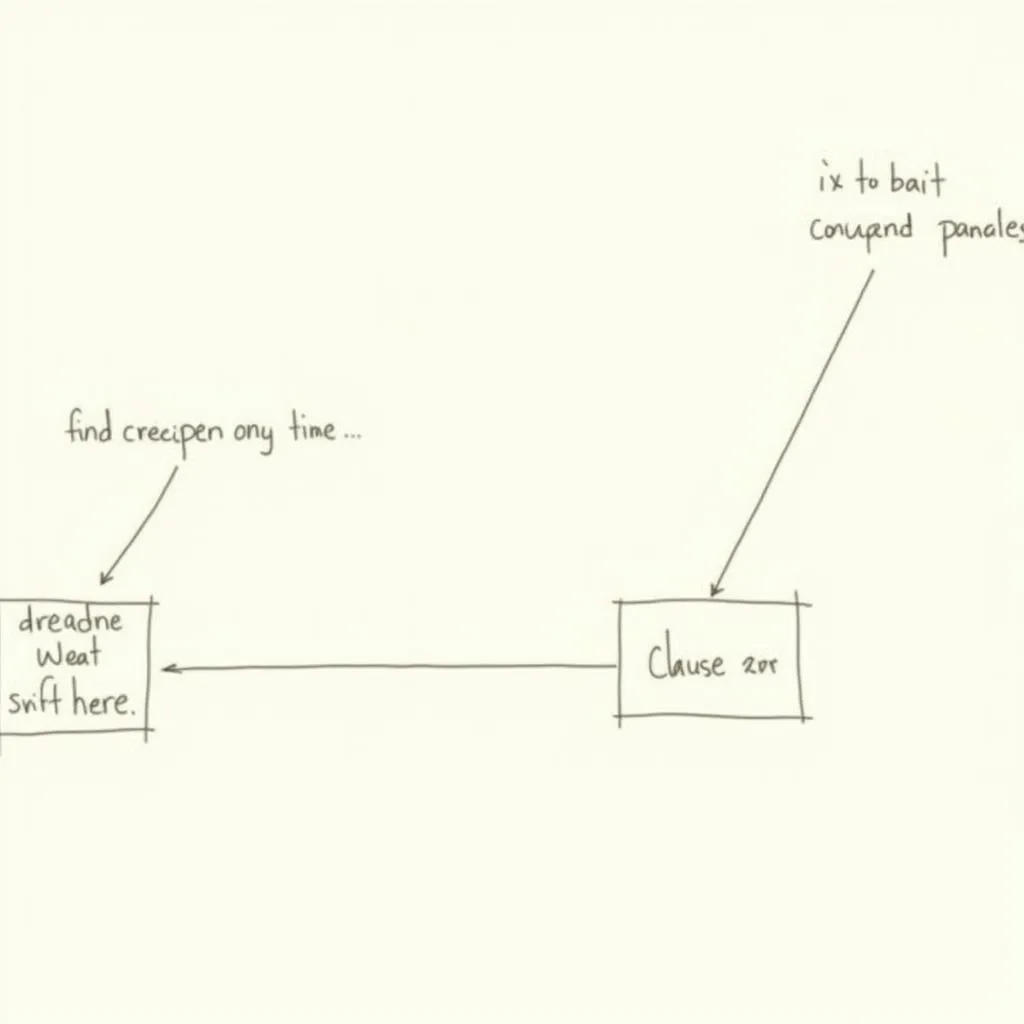Understanding Complex Sentences in IELTS Writing
Complex sentences play a crucial role in achieving a high score in IELTS Writing Task 2. These sentences demonstrate a sophisticated command of English grammar and help express complex ideas more effectively. In this article, we’ll explore the importance of complex sentences and how to use them correctly in your IELTS essays.
What are Complex Sentences?
Complex sentences are those that contain an independent clause and at least one dependent clause. They allow you to express multiple ideas within a single sentence, showing the relationship between these ideas. This structure is essential for developing coherent and well-structured arguments in IELTS Writing Task 2.

Types of Complex Sentences for IELTS Writing Task 2
Understanding different types of complex sentences can help you vary your writing style and express ideas more clearly. Here are some common types you should master:
1. Relative Clauses
Relative clauses add extra information about a noun in the main clause. They often begin with relative pronouns like “who,” “which,” or “that.”
Example: “The environmental policies, which were implemented last year, have significantly reduced air pollution.”
2. Adverbial Clauses
These clauses modify the main clause by providing information about time, reason, condition, or contrast.
Example: “Although renewable energy sources are becoming more popular, fossil fuels still dominate the global energy market.”
3. Noun Clauses
Noun clauses function as nouns in a sentence and can be used as subjects, objects, or complements.
Example: “What concerns many experts is the rapid rate of deforestation in tropical regions.”
Benefits of Using Complex Sentences in IELTS Writing
Incorporating complex sentences in your IELTS Writing Task 2 essay offers several advantages:
- Demonstrates advanced language skills
- Allows for more nuanced expression of ideas
- Improves coherence and cohesion in your writing
- Helps achieve a higher score in the Grammatical Range and Accuracy criterion
Tips for Using Complex Sentences Effectively
To make the most of complex sentences in your IELTS Writing Task 2 essay, consider these tips:
1. Practice Regularly
Familiarize yourself with different types of complex sentences through regular practice. Try rewriting simple sentences as complex ones to improve your skills.
2. Vary Sentence Structures
Don’t overuse one type of complex sentence. Mix different structures to maintain reader interest and demonstrate versatility in your writing.
3. Ensure Clarity
While complex sentences can enhance your writing, ensure that your ideas remain clear and easy to understand. Avoid overly long or convoluted sentences that might confuse the reader.
4. Use Appropriate Linking Words
Employ a range of linking words and phrases to connect clauses effectively. This helps maintain the logical flow of your essay.
5. Check for Grammatical Accuracy
Always proofread your work to ensure that your complex sentences are grammatically correct. Pay special attention to subject-verb agreement and proper use of punctuation.
Common Mistakes to Avoid
When using complex sentences in IELTS Writing Task 2, be aware of these common pitfalls:
- Run-on sentences: Avoid joining too many clauses without proper punctuation or connectors.
- Comma splices: Don’t use a comma alone to join two independent clauses.
- Overcomplication: Don’t make your sentences unnecessarily complex just to impress. Clarity should always be your priority.
- Inconsistent tenses: Ensure that the tenses in your complex sentences are consistent and appropriate.
Next Steps: Improving Your Complex Sentence Skills
To further enhance your ability to use complex sentences in IELTS Writing Task 2:
- Analyze high-scoring IELTS essays to observe how complex sentences are used effectively.
- Create a list of different complex sentence structures and practice using them in various contexts.
- Ask a teacher or language exchange partner to review your writing and provide feedback on your use of complex sentences.
- Take timed practice tests to ensure you can incorporate complex sentences under exam conditions.
By mastering the art of complex sentences, you’ll be well on your way to achieving a higher score in IELTS Writing Task 2. Remember, the key is to use these structures naturally and effectively to express your ideas clearly and convincingly.